29 Jun 2021
Food regulations: is Europe opening its doors to insects in human foods?
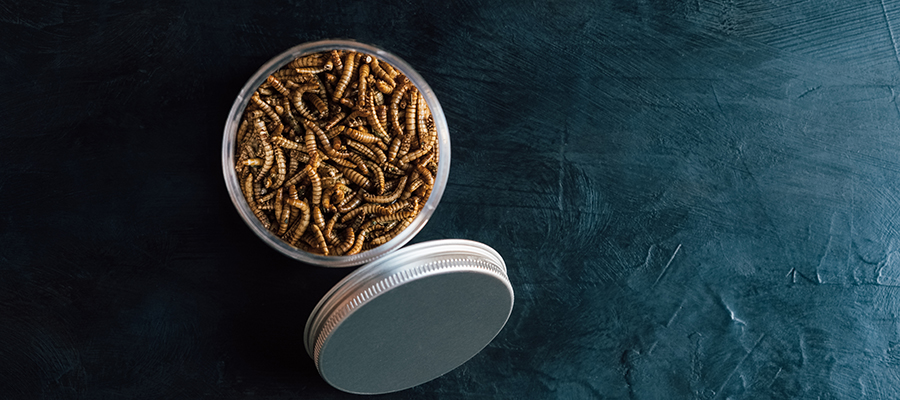
On January 13th, 2021 EFSA green-lit the sale of flour made from yellow mealworms in the EU. As expected, on June 1st, the EU Commission confirmed EFSA’s scientific opinion and authorized the first edible insect, dried yellow mealworm, to be placed on the European market.
This is a landmark decision by the EU commission, in support of Europe’s food safety body, and for some is a path for harmonising the patchy application of EU regulations on the consumption of insects. What do we need to know about the reasons behind this regulatory decision, and what might be the next steps. Katia Merten-Lentz, EU food and feed specialist regulatory specialist of Keller & Heckman LLP provides us with her analysis of this decision.
The holy grail of EU-wide authorisation of insects for human food
The consumption of insects has provided much food for thought since the adoption of the new EU Novel Food regulations. Interpretations varied between the various EU member states on the question of whether insects, consumed whole, were subject to this regulation – more precisely, to the category of “food ingredients isolated from animals”. Indeed, there was a vast gap between, for example, Belgium’s tolerance and France’s ban on insects for human consumption.
Despite thirty or so applications since 2018, EFSA had put off giving an opinion, justifying their delay by a lack of information provided by applicants and the fact that “Insects are complex organisms, which makes characterising the composition of insect-derived food products a challenge. Understanding their microbiology is paramount, considering also that the entire insect is consumed,” according to Ermolaos Ververis, EFSA chemist and food scientist.
The January decision by EFSA was the result of an application by Agronutris, a French biotech company specialized in rearing and processing insects into proteins for animal nutrition. With EFSA greenlighting tenebrio molitor larva, yellow mealworm, insect powder on January 13th, 2021, Katia Merten-Lentz comments : “This provided hope that 2021 would be the year that insect consumption will truly open its doors in the EU, but was dependant on a confirmation by the the EU commission”.
What is the verdict of the European Commission?
As hoped, the EU Commission has indeed confirmed EFSA’s scientific opinion and has authorized the first edible insect for sale in Europe, the final step for officially placing this species on European markets.
Katia Merten-Lentz: “The authorisation will provide for the product to be sold in whole, dried form or to be used as an ingredient in other foods and is the first authorisation of its kind. This development is highly topical as sustainability concerns have caused consumers and manufacturers to pay increasing attention to the use of insect protein in food. This has even extended to pet food, with a number of retailers launching insect-based products over recent years.
“This decision clearly provides a huge boost for Agronutris, the company behind the application that lead to the January EFSA opinion, but also for a large number of manufacturers waiting impatiently for the EU to provide a regulatory framework for the sale of their products.”
A door slowly opening for insect consumption in Europe?
While the authorisation only concerns tenebrio molitor larva, this decision has been generated buzz among food professionals. The International Platform of Insects for Food and Feed stated in a press release: ‘The upcoming authorisation represents a relevant milestone for our sector, as it will unlock two of the key markets targeted by insects as feed producers. It will therefore be instrumental in upscaling the European insect sector’, explained the IPIFF Chair.
Ynsect, Vitagora member and pretender to the throne of France’s first insect production unicorn, has also hailed the decision as “a great victory” and “a recognition that mealworm ingredients are premium products as they are uniquely ‘food grade’” (full interview here).
Katia’s analysis: “This first authorisation for edible insect in Europe is symbolic and could be considered as a door now opened for other species. However, EFSA has highlighted some allergenic concerns for mealworms, specifically among those with a known allergy to crustaceans and dust mites. Each future submission will have to be supported by strong scientific evidence regarding their safety.”
No time to waste!
That said, insect start-ups are already taking advantage of the momentum created by the European commission’s decision to raise the profile of their products. And they are not limiting their actions to just the species of tenebrio molitor. Jimini’s, a Vitagora member who has been selling insect-based snacks since 2012, announced a few days ago that their products will be available in the Nature & Découverte retail chain in France, including flavoured cricket-based snacks!
If you are looking at the topic of insects as a sustainable source of protein, contact us! In addition to the innovation support provided by our staff, Vitagora members have access to a question-answer service on European food regulations, thanks to our partnership with Keller and Heckman.
For more information on these subjects, you can contact me at elodie.dasilva@vitagora.com.
And don’t forget to subscribe to our blog so you don’t miss out on our scientific and trend intelligence for agrifood professionals (2-3 emails per month).




 Home
Home

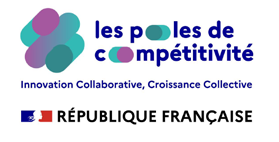

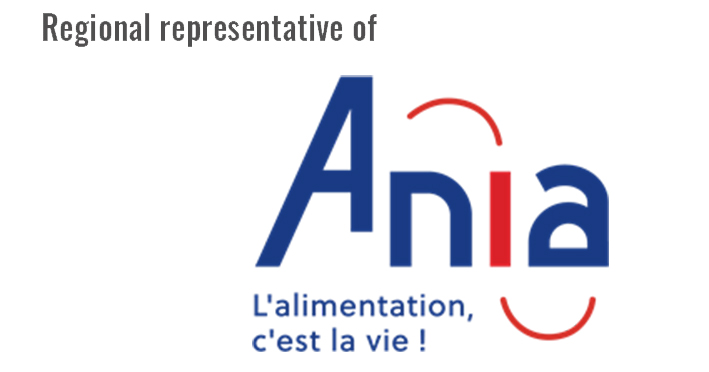

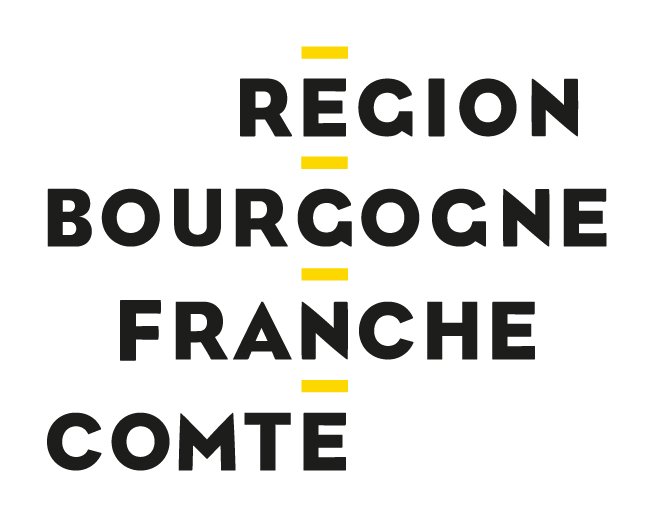
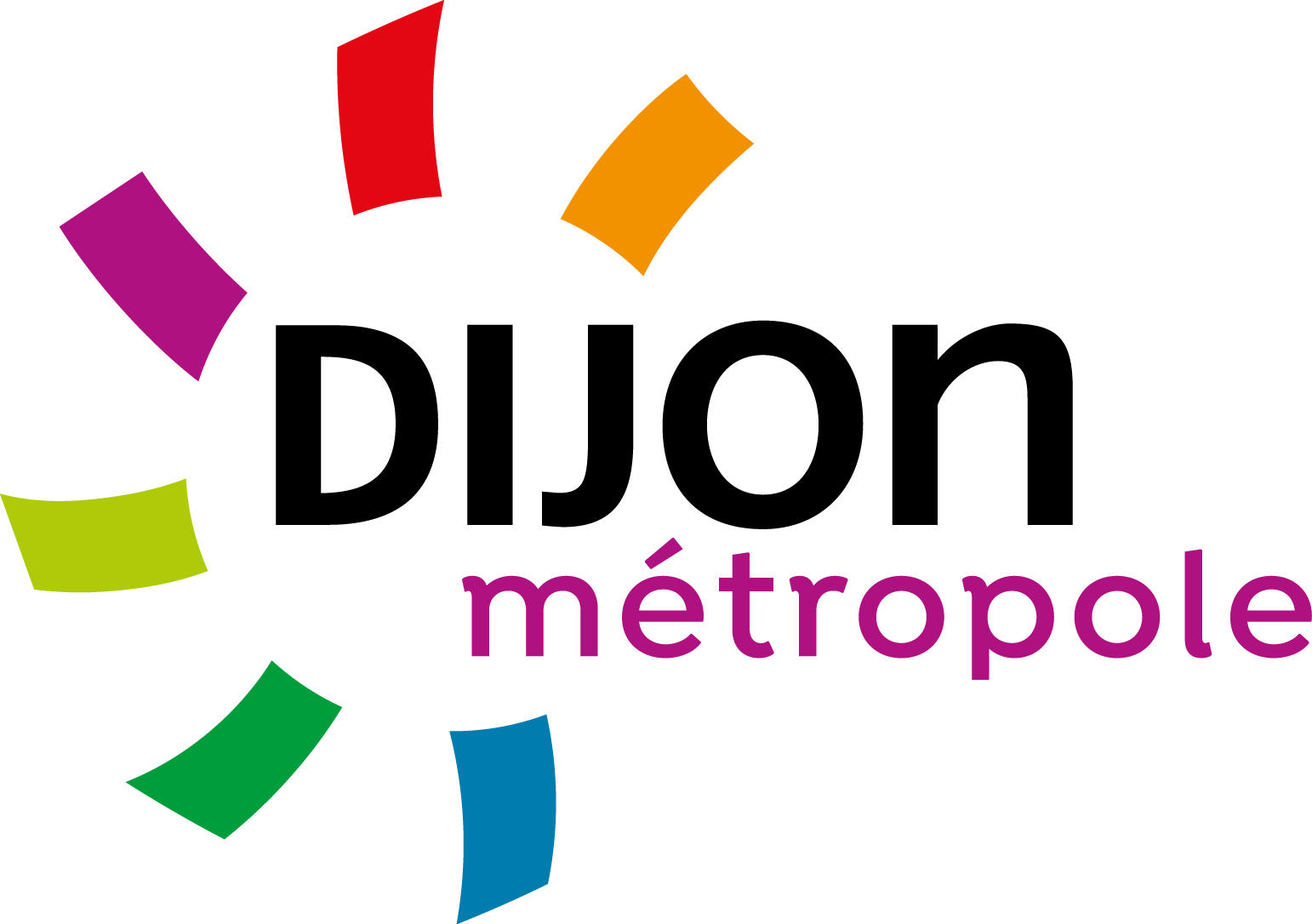









Share your opinion